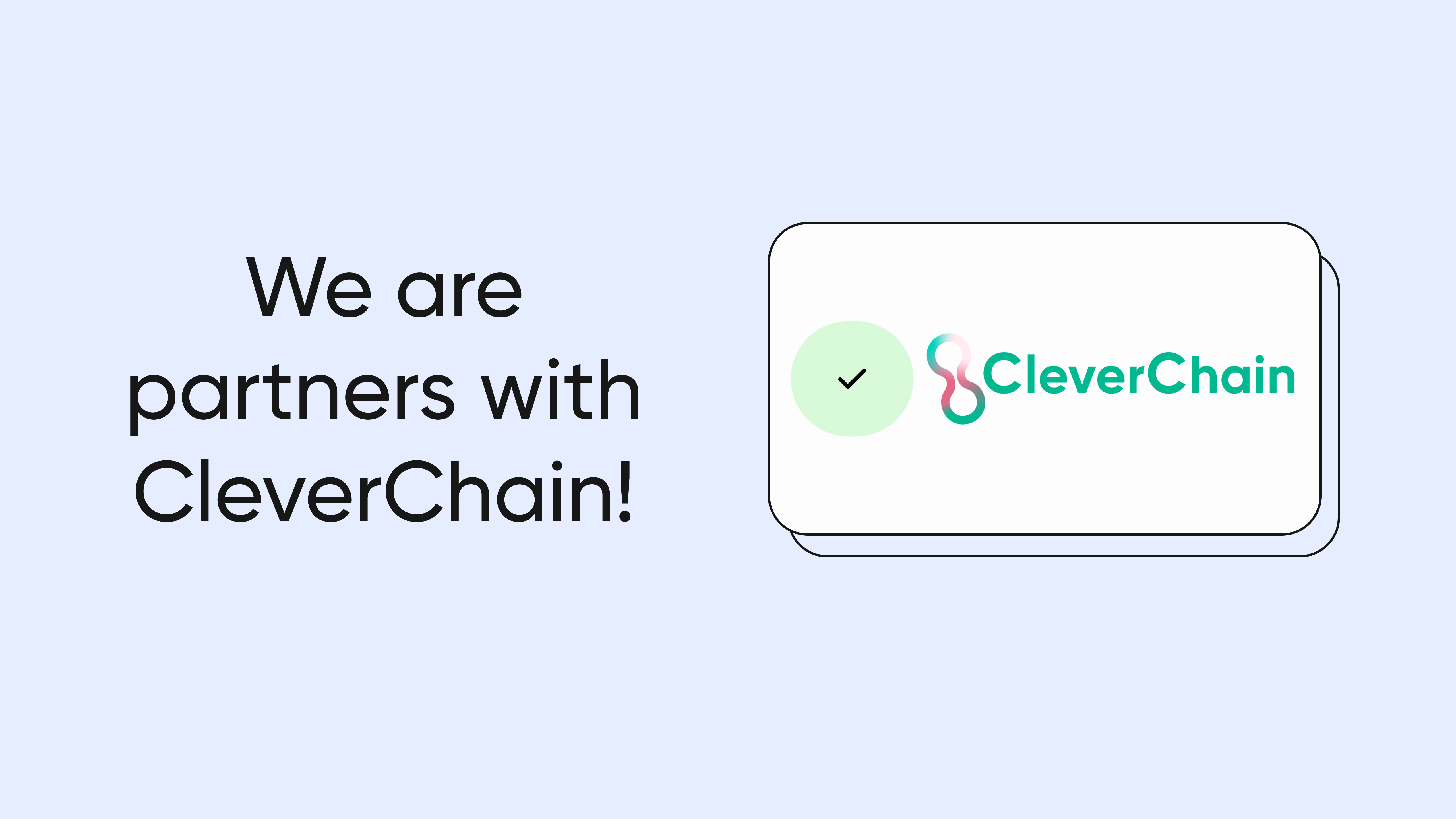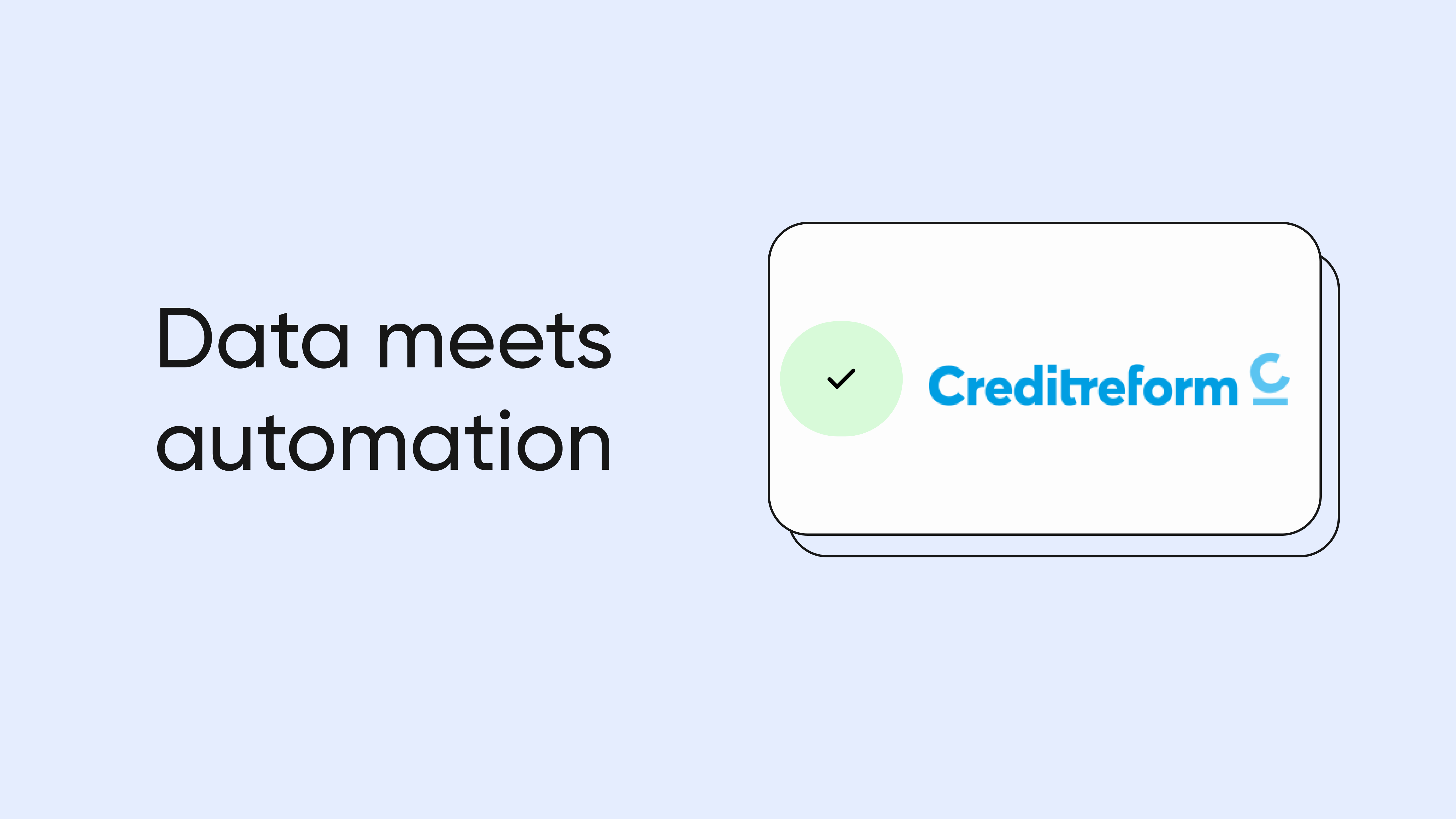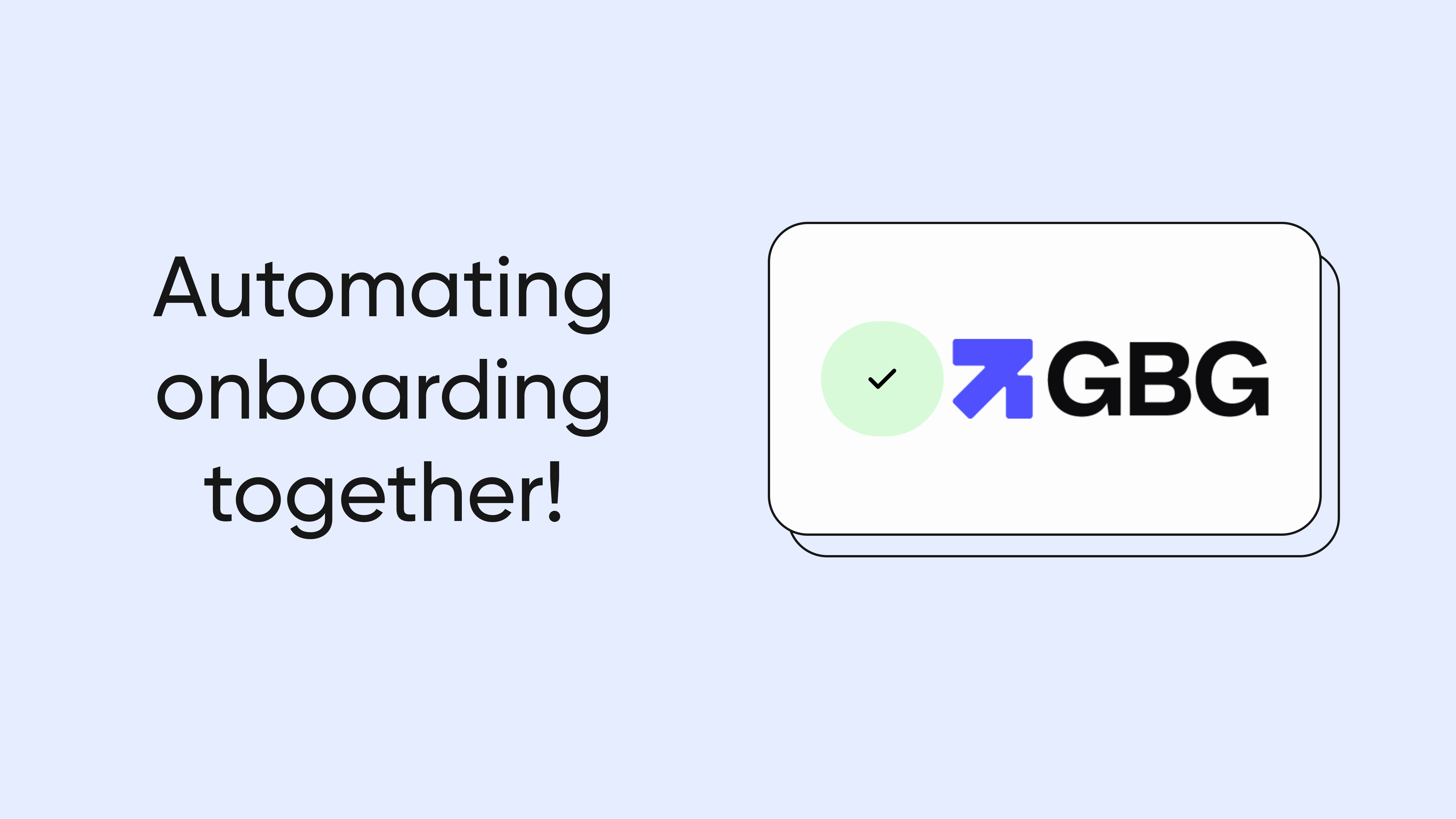Making changes to your digital onboarding flow or creating a new one involves a lot of moving parts. From identifying your onboarding requirements, to deciding if you need to remove an API, to finding the right providers, research is a core part of this process. It’s no wonder that, once you have shortlisted providers to choose from, you can suffer from research and decision fatigue at the final hurdle, and struggle to think of important questions to ask. Choosing the wrong provider can have a negative impact on the business.
There is no need to stress. We’ve put together a list of questions that are must-asks when finding new providers to successfully implement your compliance programme. From basic questions about financial stability to integration with your current tech stack, our questions cover the important issues so you can find the best vendors to succeed in the increasingly harsh enforcement environment of compliance.
8 Questions to Ask Potential Digital Onboarding Providers
- Is Your Company Financially and Digitally Secure?
Any solution's effectiveness is meaningless if the company that created it is in trouble. Unfortunately tech companies come and go frequently, leaving enraged consumers in their wake. Therefore, it's good to ask questions about the financial stability of the business. This could be finding out where they get their funding from, which of their products/services give them the best cash flow, and where they plan to be in five years time.
On the subject of stability, how digitally stable is the company? Have they got ISO and other certifications? How can they protect themselves and your business from cyber attacks? Are they up to the industry standards and can they compete with their competitors?
- Does Your API Have All the Features That I Need?
Many companies promise you the world when they are selling to you, but they can fall short in reality. This is more likely the result of poor knowledge of the particular needs of your company than it is of a subpar product or service. Therefore, it is crucial that a vendor can show that they have a thorough awareness of the history of your company and industry, and an even greater understanding of the regulatory environment that you operate in.
When partnering with a vendor you should start at the research and design stage of the onboarding process. If your vendor doesn’t understand your business and industry, this will have a knock on effect on your risk identification and management processes, leading to more work for you.
Questions you can ask to tease out their experience would be:
- What other clients do you have in our industry? What did you learn from implementing their solution?
- What features of your product do you think we could really benefit from?
- How do you intend to approach the designing of our onboarding process, and where do you see the most value from your product?
- Will Your API Integrate With My Existing Providers?
To be competitive, solutions must be adaptable. When selecting a new compliance provider, flexibility should be a key factor. Therefore make sure to ask the seller how simple it is to adapt their technology. It might be challenging, if not impossible, to adapt in the future if they build it specifically for you and then set it in stone. Ask the vendor how many fallback rules and risk models they can accommodate, and if this number can be changed to accommodate future requirements. If you currently use other providers as part of your process, mention them and ask about how easy it would be to integrate them together. This will tell you if the provider is a good fit or not.
- Can Your Product Scale With My Business Future Needs?
Future-proof solutions should be scalable in a seamless and timely manner to accommodate growth plans and the entry of new competitors. Inquire about the company's product roadmap and what they might be anticipating going forward. Ask for proof of how they’ve always been able to fulfil their roadmap in the past to assess their ability to follow through on their commitments.
Will the programme enable you to remain flexible and change course if something unexpected happens? Make sure the solution will easily support the client journey from the first stage of onboarding through additional services like new products, jurisdictions, and extra lines of business in order to ensure it is future-proof.
- Do You Have Service Legal Agreements or Contracts?
Establishing the exact cost of ownership is essential before making a sizable purchase. Make sure the vendor you’re speaking with specialises in software development rather than implementation services. Does the vendor actually have access to all the data providers they promise to offer? Does their product have important add-on features that cost extra? How often do upgrades to the product happen and how are these upgrades communicated and implemented among existing customers?
Until this point you may have assumed that everything the provider says on their website is transparent. Asking the above questions can help you to understand the gap between product and marketing in the company, and if it is the right partner for you.
- Is Your API Compliant With My Industry Standards?
Businesses run the danger of paying hefty fines or facing legal action if the technology they use doesn’t adhere to regulatory standards. Therefore, it is important to confirm that the standards a vendor is claiming to comply with are correct. You can find this out by simply asking the question, or by inquiring about how many employees are specifically responsible for maintaining the compliance standards of the product.
It would also be beneficial to know if the vendor employs any independent legal or regulatory assistance to ensure that laws are being followed. This added layer of protection is nice to have and shows that the business is committed to maintaining compliance standards.
- Do You Have References?
Any business can have a nice website, fancy presentations, and great reviews, but speaking with their current clients can tell you a different story. A vendor with nothing to hide will be happy to give you the contact information of two or three clients that you may speak with. When speaking with their clients you can back up claims that the vendor has made to see if clients have experienced the same.
Feel free to ask compliance questions and also inquire about how well the vendor deals with support tickets from the client. It is important to know if the vendor will look after you once they have your business.
- What Is the Implementation Schedule?
There may occasionally be a gulf between the sales team and the engineers in charge of implementation. Therefore, it may take a while before the project is started as a result of this. The time it takes to deploy the solution could take longer than you would want or even anticipate due to overbooked schedules and workforce shortages. Insist on an agreed schedule that includes a specific start date as well as a time frame for the project to be finished to your entire satisfaction.
Identifying new providers to integrate into your digital onboarding flow is a time consuming, but important task. For all AML officers who are facing this task in the future we hope these eight questions will help you ensure a provider is the right fit for your business. It may seem like a lot to ask but at the end of the day compliance is a big deal so vetting vendors should be too.

%201%20(1).png)




